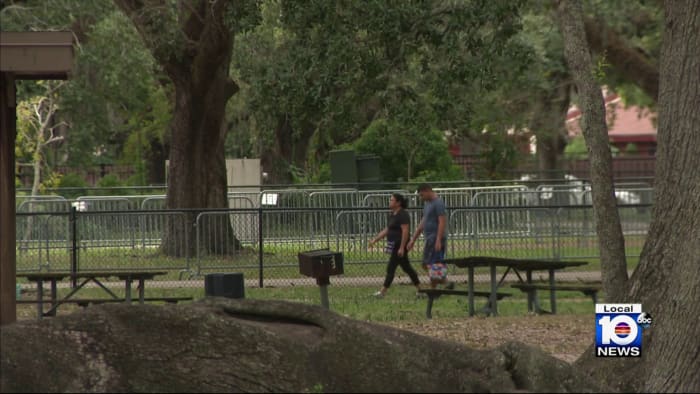
BOCA RATON, Fla. – A study out of the University of Miami Miller School of Medicine is adding to the body of evidence concerning the impact of lifestyle and environment on brain health.
Researchers found that lack of neighborhood greenspaces and low income levels can increase risks for Alzheimer’s disease and related dementia’s as well as strokes.
“I think a lot of people have a hesitance or difficulty making individual changes to their diet, physical activity those types of things. but when you change a community environment through planning and policy it can affect population health and change behavior on a bigger scale,” said Dr. Lilah Besser, Professor of Neurology at Miller School’s Comprehensive Center for Brain Health and lead author of the collaborative study.
She noted that residential neighborhoods become increasingly important with age as people move into retirement, reduce their driving and face new medical issues.
COVID UNLIKELY TO SPREAD AT CHILD CARE CENTERS
A new study suggests that kids are unlikely to catch Covid at daycare centers.
Researchers at the University of Pittsburgh School of Medicine looked at 83 children across 11 childcare centers.
They found that the COVID-19 infection rate was about 3% in the facilities.
The findings suggest that neither children or caregivers frequently spread the virus to others.
SECOND MENINGITIS VACCINE GETS NOD
The CDC’s independent vaccine advisors voted this week to give people the option for a second meningitis vaccine.
The committee recommended that Pfizer’s meningitis vaccine could be used as an option to protect people from five of the most common kinds of bacteria that cause the disease.
With this option, a patient could get a two-dose shot instead of four.
The vaccine would be for healthy people ages 16 through 23.
